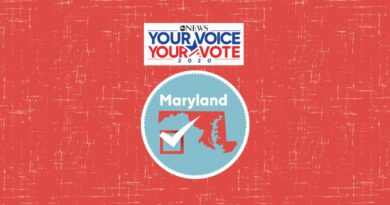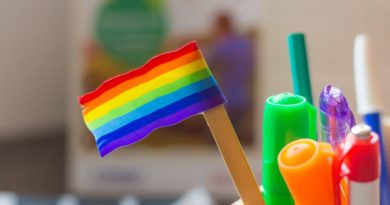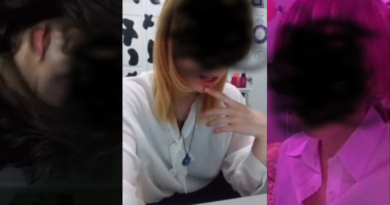How HBO’s The Last of Us Explores Queer Romance
*SPOILERS*
HBO’s new critically acclaimed tv show and video game adaptation, The Last Of Us, has been making headlines for its recent exploration of queer romance. Rare enough, as it is, queer romance has been a topic still infrequently explored in today’s modern media landscape, much less so in an apocalyptic setting.
After two strong opening episodes introduced audiences to the dystopian, and zombified world of The Last of Us, the third episode of the season entitled “Long, Long Time” surprised many fans by taking a detour from the main story to explore the backstory of guest actor Nick Offerman’s character, Bill.
Going into the episode, many fans of the original game expected the show to go in a similar direction as the original story. Being, the main characters Joel and Ellie come across Bill. He is a cynical, hardened survivalist living on his own in the apocalyptic wasteland, and has suffered recent emotional trauma after his “friend” Frank had taken his own life. Unfortunately, that’s how all players came to know about their relationship.
However, the show decides to take a much different approach, instead of taking an entire episode, early in the season, to develop this relationship that has no real significance in the overall plot, they instead tell the story of two people who find love and paradise with each other in an otherwise hopeless wasteland.
The episode begins where episode 2 left off, following the journey of Joel (Pedro Pascal) and Ellie (Bella Ramsey) as they journey across the country. However, about 10 minutes in, the episode flashes back to the outbreak of the cordyceps pandemic where ultra survivalist Bill is living in his secret basement with a cash of guns and limitless supplies. This characterization of Bill is what online communities refer to as a “Doomsday prepper,” usually someone who is paranoid of apocalyptic events to the point where they build their very own doomsday bunkers with anything they need to survive the end of the world. Doomsday preppers are often associated with your typical image of a rural, conservative, “manly man.” While these things may very well be true of Bill, the episode does an incredible job of proving that traditional manly qualities and being gay, are not mutually exclusive.
As the episode goes on, Bill finds himself falling in love with Frank. Another man left behind by the apocalypse trying to survive. After deciding to shelter Frank for a night, Bill becomes visually conflicted about Frank. On the one hand, we know Bill as a survivalist, out to protect himself at any cost. However, through Nick Offerman’s expert acting ability, we slowly begin to see that Bill’s feelings towards Frank, and likewise Frank’s feelings toward Bill harbor a lot more than what the original game portrayed. Although Bill does have a softer side as we can see through his wine-tasting pallet and musical prowess, Bill and Frank being portrayed as two stereotypically “manly men” goes a long way to subverting audiences’ expectations about what a gay relationship looks like. Not every gay relationship has someone who’s more feminine, or who acts stereotypically “gay.” And while there is absolutely nothing wrong with gay men embracing their femininity, it is also important to destigmatize the general audience’s idea of what “gayness” looks like. The truth of the matter is that being gay is not a defining character trait. People in real life are so much beyond just their sexuality, which lots of shows seem to forget when attempting to incorporate LGBTQ+ characters.
In the modern age of diversity and acceptance, many modern media programs have become more willing to incorporate LGBTQ+ characters into their shows. While this is a step in the right direction, it’s easy to tell that many shows simply do this for diversity “tokens.” “Token gays” have become a way for tv shows and movies to show off how diverse they are without putting in the hard work to develop characters beyond their sexuality. In The Last of Us, whether the couple is straight or gay makes no difference to the story. Both characters have their own fleshed-out worldviews, character traits, and desires, all beautifully conveyed in a single episode.
Who knows if Bill was openly gay before the outbreak, or if Frank had been in previous gay relationships? Those things don’t matter to this episode, it is simply just an exploration of how people, isolated from societal norms and expectations can explore themselves and their personal desires. Being able to live off the land by himself seemed to be what Bill had always been preparing for. But in the loneliness and aftermath of societal collapse, to quote Bill himself, he found a “new purpose,” “a new reason to be afraid.”




